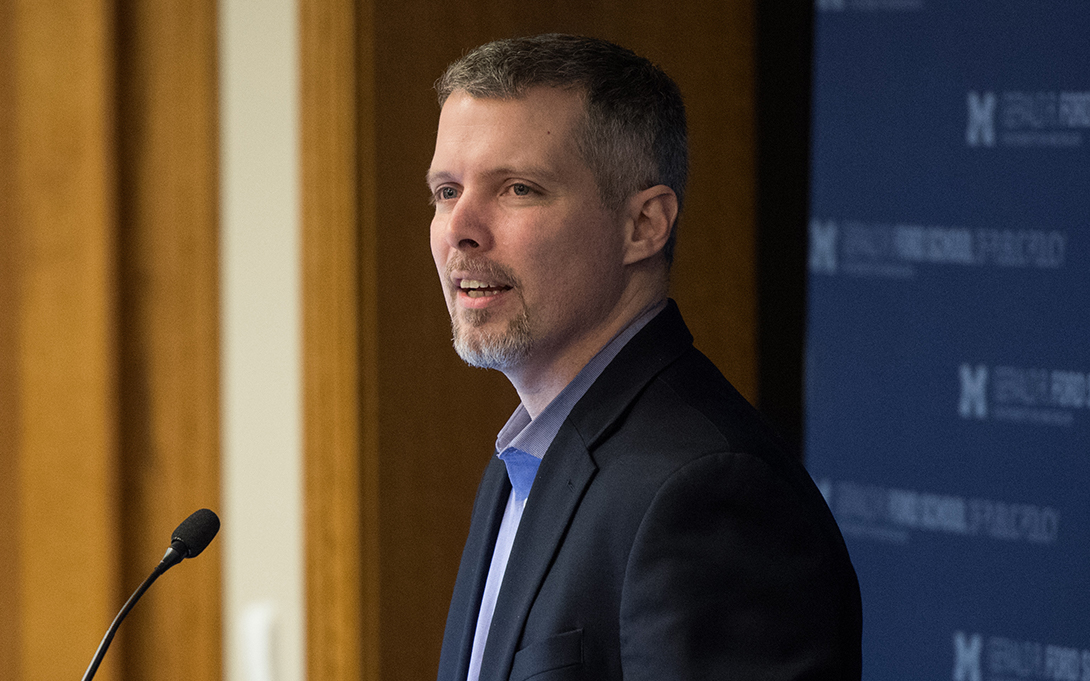
In "Precarious Work and the Employment-based Safety Net," an op-ed for the Stanford Social Innovation Review (SSIR), Luke Shaefer argues that our current employment-based welfare system overlooks the fact that the poorest Americans can only secure low-quality, unstable jobs.
After the work-based welfare reforms of the 1990s, government assistance now offers more help to low income, working families than in previous decades. But the jobs available to low income families are often characterized by low wages, dangerous working conditions, wage theft, or just-in-time scheduling practices, argues Shaefer. According to Shaefer’s research, the intersection between this kind of precarious work and the employment-based safety net explains why there are growing numbers of U.S. families living in extreme poverty.
“The number of families with children on SNAP reporting zero cash income has more than quadrupled, [since 1996], to 1.4 million families in 2014,” says Shaefer. “There is considerable evidence that these troubling indicators are driven not by some class of Americans that is completely detached from the labor market, but primarily by families with a history of work.”
Shaefer says that policymakers should focus on helping these families find safe and stable jobs, pointing to a 2009 subsidized jobs program that provided state incentives to hire unemployed workers with barriers to work. “Creating a more robust, permanent version of this program would improve conditions for those at the bottom," says Shaefer. "We must pair job creation with wrap-around social services and work supports.”
H. Luke Shaefer is an associate professor of social work and public policy. His research focuses on the effectiveness of the United States social safety net in serving low-wage workers and economically disadvantaged families. His recent work explores rising levels of extreme poverty in the United States, the impact of the Supplemental Nutrition Assistance Program and other means-tested programs on material hardships, and barriers to unemployment insurance faced by vulnerable workers.
--Story by Afton Branche (MPP '17)
